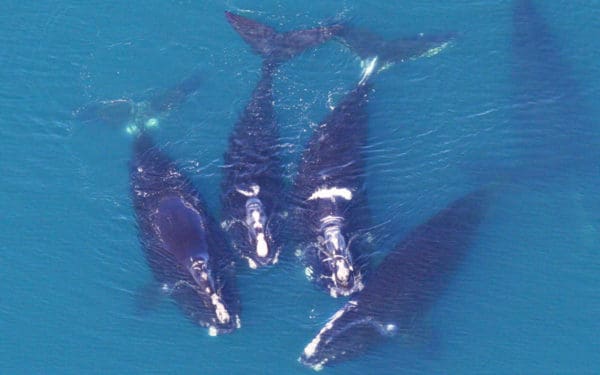Freediving the Marvels of Cashes Ledge
Diving Cashes Ledge reveals a fantastic hotspot of biodiversity
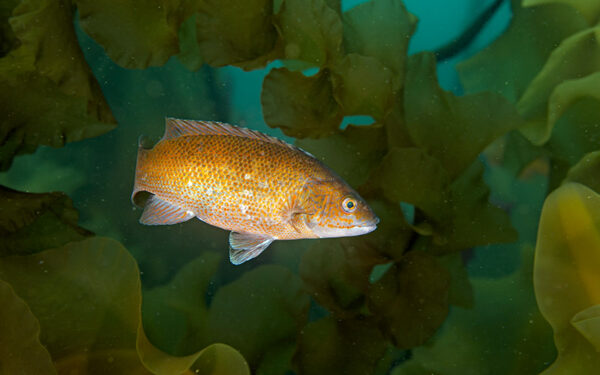
Diving Cashes Ledge reveals a fantastic hotspot of biodiversity

CLF is fighting to ensure vital offshore wind projects in the Gulf of Maine are responsible and equitable.
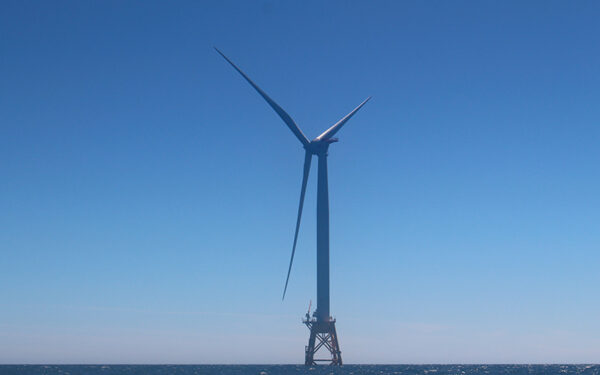
Underwater photographer Brian Skerry shares his unique perspective on the Gulf of Maine and Cashes Ledge.
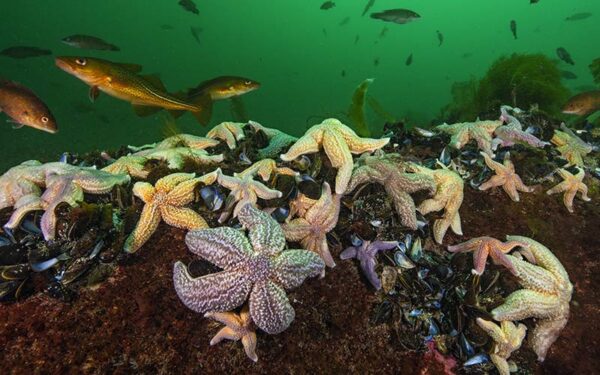
Cashes Ledge nourishes marine life and builds climate resilience in the Gulf of Maine.
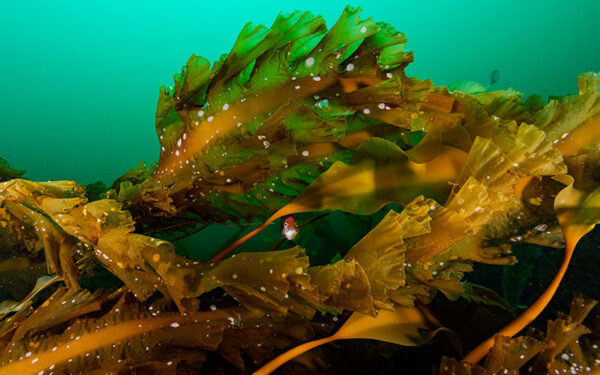
CLF is fighting to develop offshore wind in the Gulf of Maine while protecting our natural resources and coastal communities.
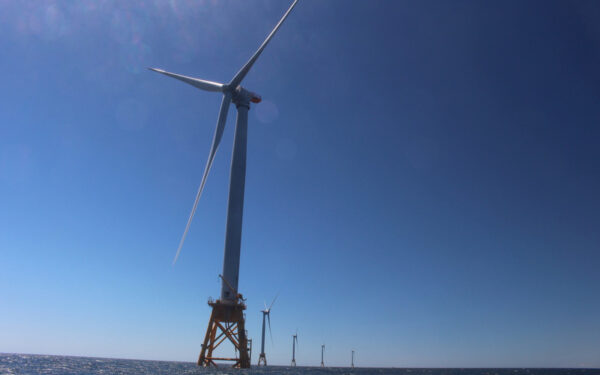
“Expanding offshore wind is a necessity if New England is going to confront the climate crisis with everything we’ve got,” said CLF senior attorney Nick Krakoff. “The Gulf of Maine needs to be part of that strategy, yet it is critical to ensure that wind is developed responsibly. We must limit impacts on the critical species, habitats, and existing ocean users that make the area so special, and CLF will be at the table to make sure that happens.”
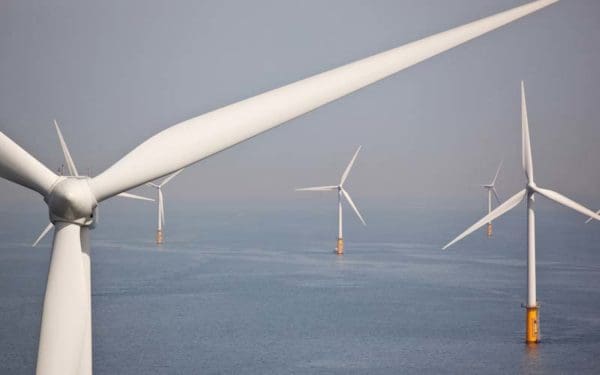
“The Atlantic cod population is struggling, and this vote is finally a step in the right direction,” said Allison Lorenc, Senior Policy Analyst at CLF. “After two failed attempts, this new plan will reduce fishing pressure to help cod recover while supporting fishing communities. Our hope is that this is the first of many decisions that will set cod on a path to a healthy population.”
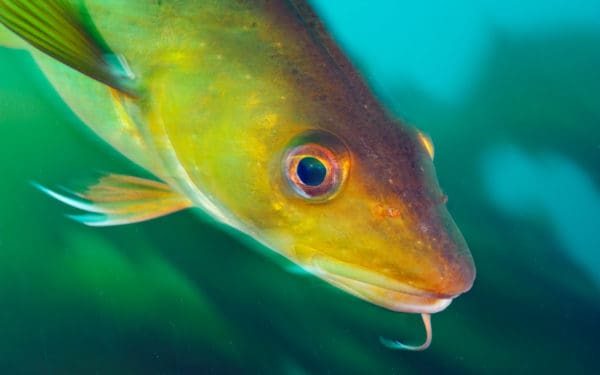
“With an extinction crisis unfolding in real-time, this decision is necessary for the recovery of North Atlantic right whales,” said Erica Fuller, senior attorney at Conservation Law Foundation. “The fact is, this area wasn’t chosen at random. It’s an area where science showed a deadly trifecta of dense lobster gear, heavy lines, and whales for a few months of the year. The court made the right call in reaffirming the decision, which will have a significant impact on this dwindling whale population.”
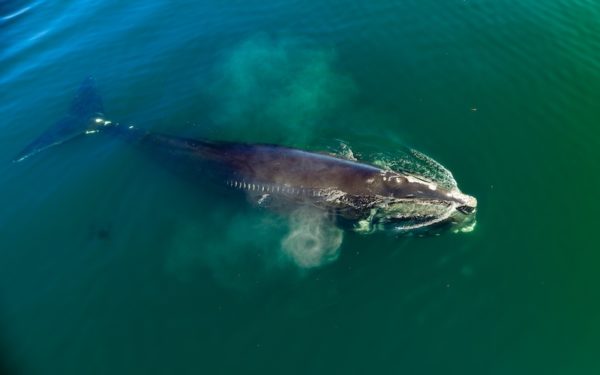
“It’s simply flawed to choose areas for offshore wind development before doing a full environmental analysis,” said CLF attorney Nick Krakoff. “It is critical to advance the development of offshore wind to respond to the climate crisis and clean up our electric grid, but it must be done responsibly. BOEM must improve its processes and consider the full environmental and socioeconomic impacts of wind development before areas in the Gulf of Maine are chosen.”
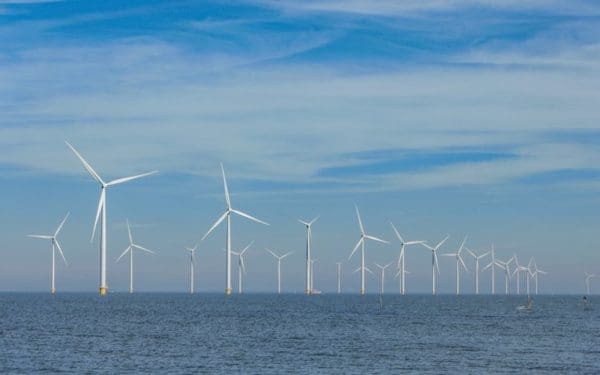
“Reducing entanglements by prohibiting fishing in this area is critical to ensuring the survival of right whales,” said Erica Fuller, a senior attorney at Conservation Law Foundation. “This decision affirms that science matters. The First Circuit got it right: entanglements often can’t be traced, so where whales, lots of lines, and heavy fishing lines coincide, we need fishing restrictions now.”
